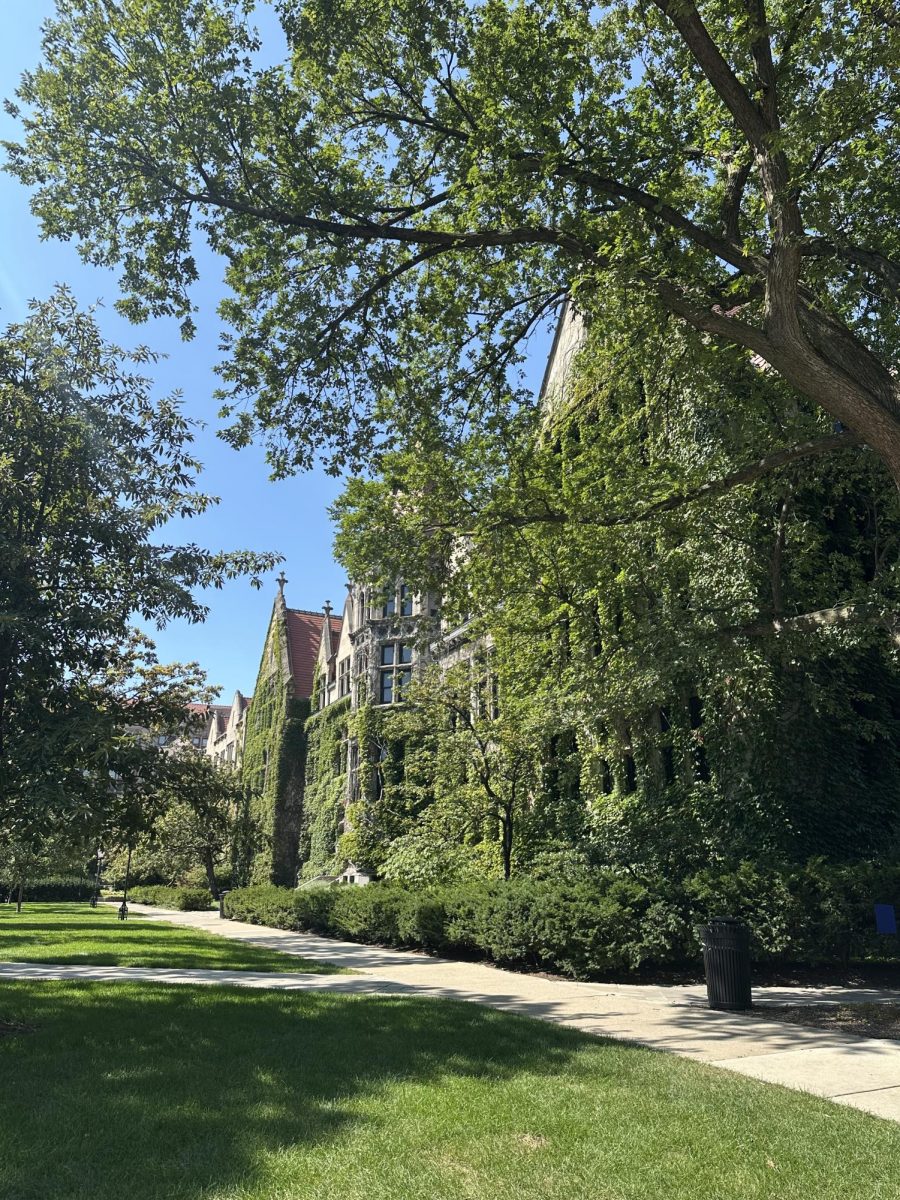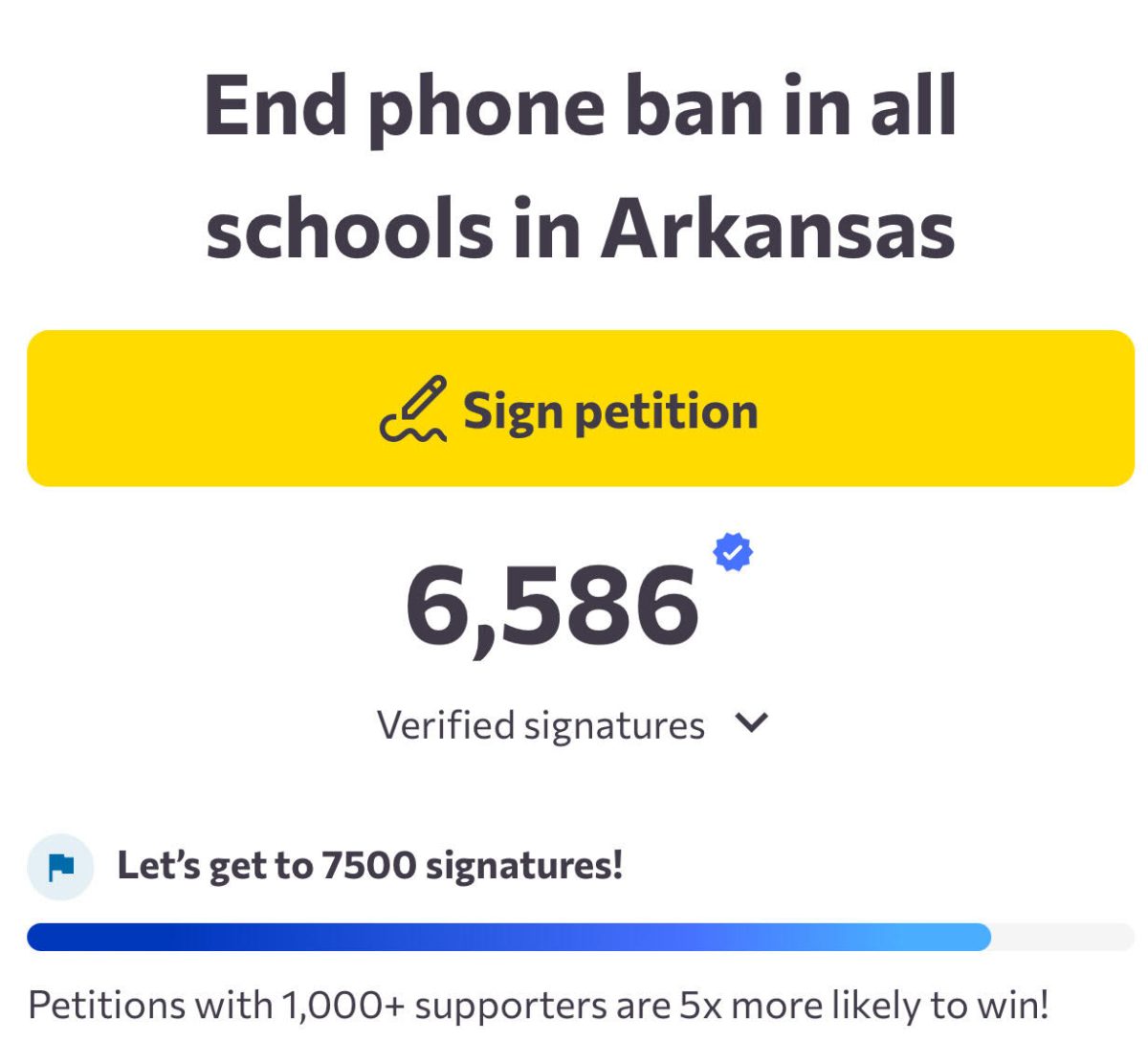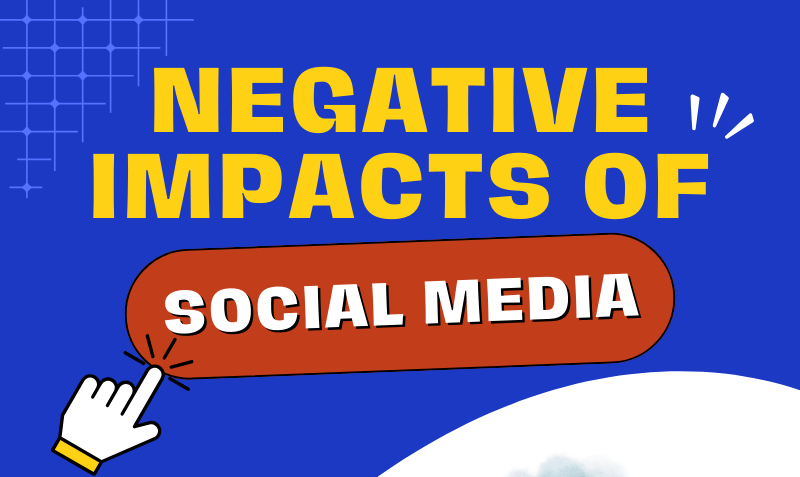President Trump is forcibly reshaping universities like Harvard and Columbia to align with his ideals by holding funding hostage, including impacts on DEI programs, international student exchanges and transgender rights. Ivy League schools have been part of the American dream for hundreds of years now, and countless high school students everywhere, including here at RHS, dedicate themselves entirely just to getting accepted into these universities, but Trump’s corruption of colleges could irrevocably alter student culture.
Combined with the myriad of President Trump’s other executive orders, his unprecedented struggle for control over higher education has raised alarm that he will continue to set a trend of overstepping government boundaries. America’s federal system was carefully designed by the Founding Fathers for a somewhat equal balance of power between the federal government and the states. However, Trump’s unwieldy use of federal research funding to force universities to concede to his demands is just one example of how his administration could upset that balance.
The universities most affected have been Ivy League schools and elite universities, as well as colleges with a strong history of student activism and protests. There are many students at RHS who plan to enroll in such schools, including Danina Nguyen, a junior who wants to study math and science at the Massachusetts Institute of Technology. MIT is one college that has lost funding and had to shift or reverse its DEI policies.
“Since it will impact diverse students – myself included – I am worried about the financial hardships and lesser chances of us getting into our dream college,” Nguyen said.
Because of the diversity policy changes and President Trump’s massive restrictions on international students, America may face huge losses in workforce talent as well.
“One of America’s greatest strengths for a long time has been that we have attracted the top talent from India, from China, from Korea, from all these other places; they wanted to come here, but if they can’t, then they’re going to work for foreign competitors,” said John Raybourn, AP government and politics teacher.
Academic research has been a pillar in innovation for a long time because of its neutrality, but this recent influence of the government on research will introduce a new level of censorship and bias towards certain political ideas.
“While academic research is not without bias, it tends to be more objective because it is, theoretically, being done for the sake of knowledge,” said a teacher who requested to remain anonymous. “To cut funding for academic research means that topics not tied to capitalism or to politics may be ignored, and the findings that are published from other sources may need to be scrutinized much more closely for accuracy or hidden agendas.”
Imposing political values on schools is typically avoided by executive figures. Republican and democratic administrations have been granting research grants to these universities for decades, ever since the 50’s, without any political pressure. Trump is now the one who is putting all of the political pressure on these universities to change their curriculum or to hire people he prefers with viewpoints sympathetic to his own and to possibly get rid of people whose views he does not agree with, while saying that he is trying to depoliticize American universities, Raybourn said.
While many agree that Trump’s attempt to barter funding for political alignment in schools is unsettling, it could be said that his actions were also unconstitutional.
“There is currently no federal law against DEI, so using funding restrictions to force change in something that does not affect the validity of the research and does not violate the law is questionable, to say the least,” the anonymous teacher said.
On the other hand, some changes that the Trump administration enacted regarding universities were arguably beneficial. For example,Trump signed an executive order to increase funding and federal support for Historically Black Colleges and Universities, which have been underfunded and overlooked. Also, the administration supported the banning of selective admissions based on race, which can make the admissions process more equitable; however, Harvard claimed in the lawsuit against them for Asian-American discrimination that their affirmative action policy was created to build a more diverse student body.
There is also a valid point behind the policy changes because DEI programs have become more lenient or ineffective over the years, sometimes failing to fully address the needs of minority groups, so instead of reversing them, they could be reduced and made stricter to ensure they are more effective, Nguyen said.
Another view is that even though federal funding is the largest source of research support, schools could potentially get funding elsewhere to resist policy changes.
While this dramatically affects diverse students and researchers at RHS and everywhere else, President Trump’s initiatives towards universities also have dangerous implications on individual rights and the balance of powers.
“If you care about free speech, then I don’t see how you cannot be disturbed by what’s going on,” Raybourn said. “And here’s the thing that people seem to forget, whether you agree with this President’s politics or not, he’s not going to be in office forever, and if it’s okay for this guy to do it, then the next person is going to do it too.”








